How might global warming put our planet in jeopardy in the near future? A research group examined the situation 300 million years ago and revealed a scenario with a significant drop in biodiversity.
A recent study published in the Proceedings of the National Academy of Sciences showed that abrupt warming linked to massive carbon emission 304 million years ago caused an anoxic area extent equivalent to about 20 percent of the seafloor.
The Late Paleozoic Ice Age ranging 360-280 million years ago is the longest-lived icehouse climate and the only one to record a transition from an icehouse to a greenhouse climate since the appearance of advanced plants and a terrestrial ecosystem.
Scientists from China, the United States and New Zealand collected samples in southwest China's Guizhou Province and measured carbon and uranium isotopes within the samples to explore global carbon cycling and marine anoxia.
They found the carbon dioxide emissions caused an increase in the sea-surface temperature of about four degrees Celsius, according to the study.
Their model also showed an increase in the area extent of the anoxic seafloor from 4 percent to 22 percent, resulting in a dramatic decrease in biodiversity.
This primeval episode of upheaval may offer valuable lessons about the environmental conditions on Earth, as the Earth is currently experiencing an icehouse climate that started 34 million years ago and global temperatures have risen rapidly over the last couple of centuries, according to the researchers.












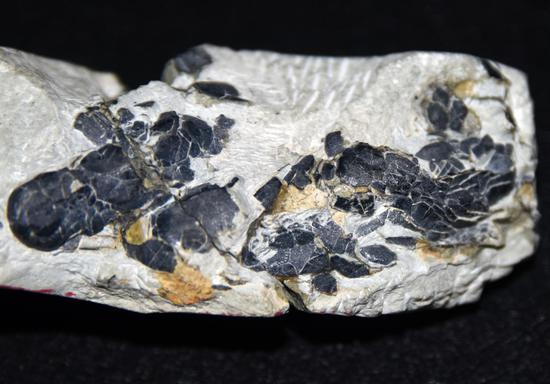



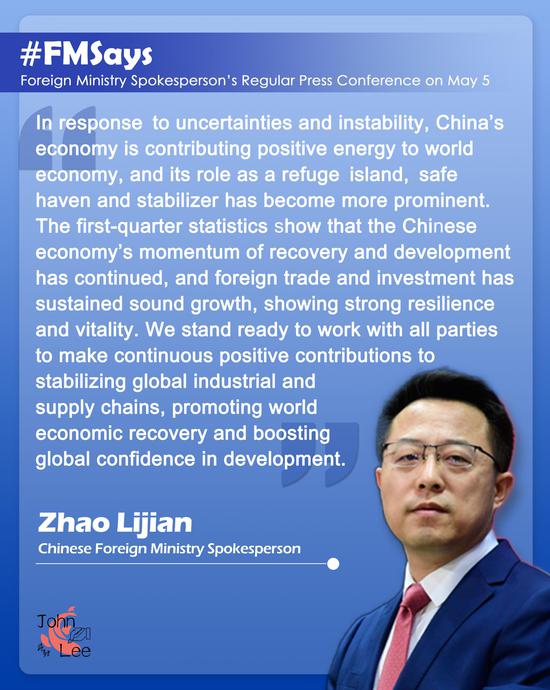
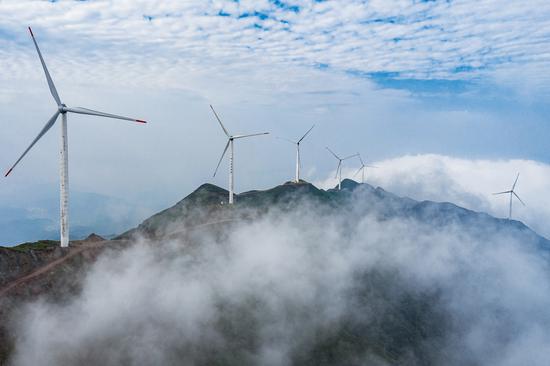
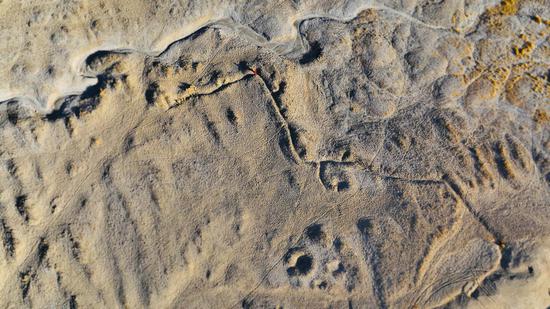




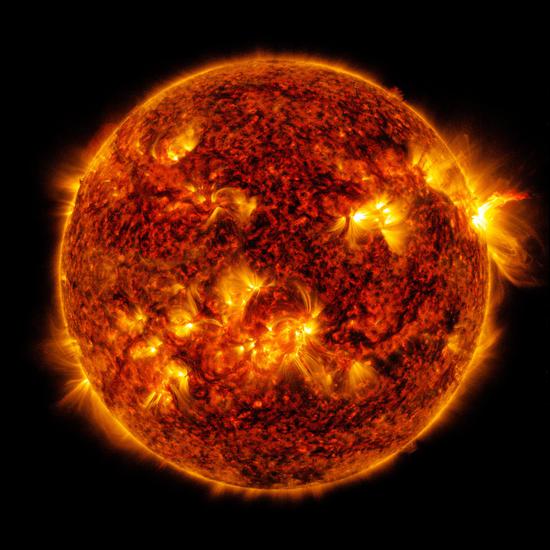



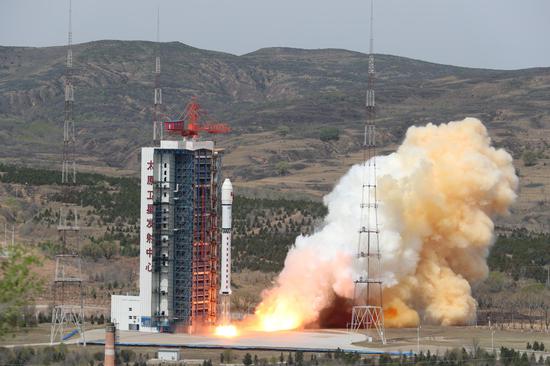






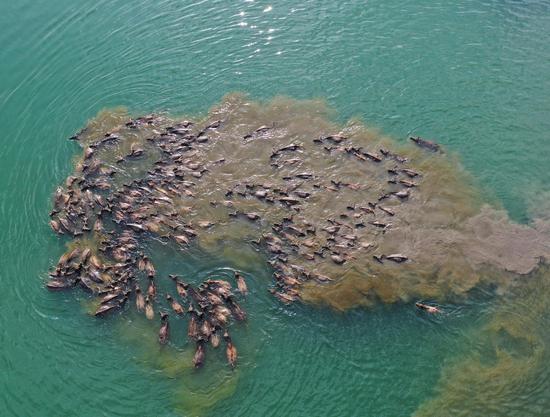
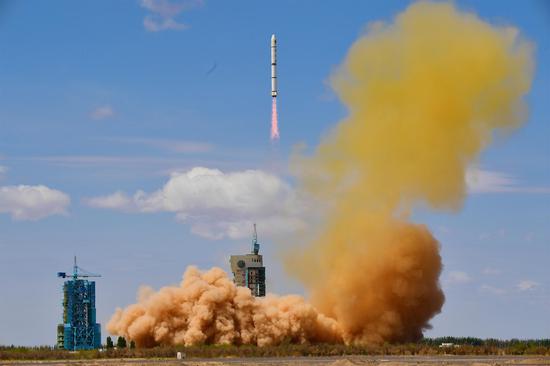






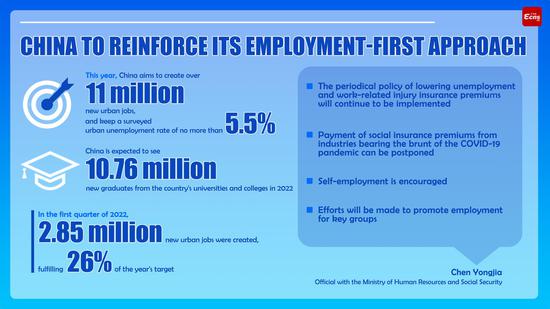

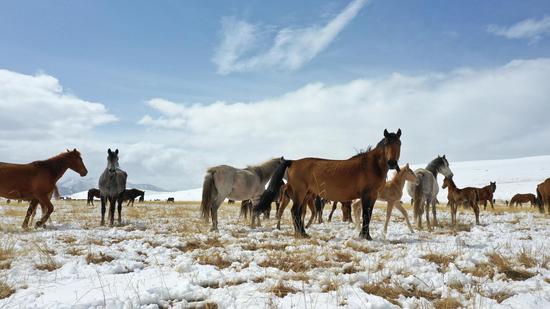





 京公网安备 11010202009201号
京公网安备 11010202009201号